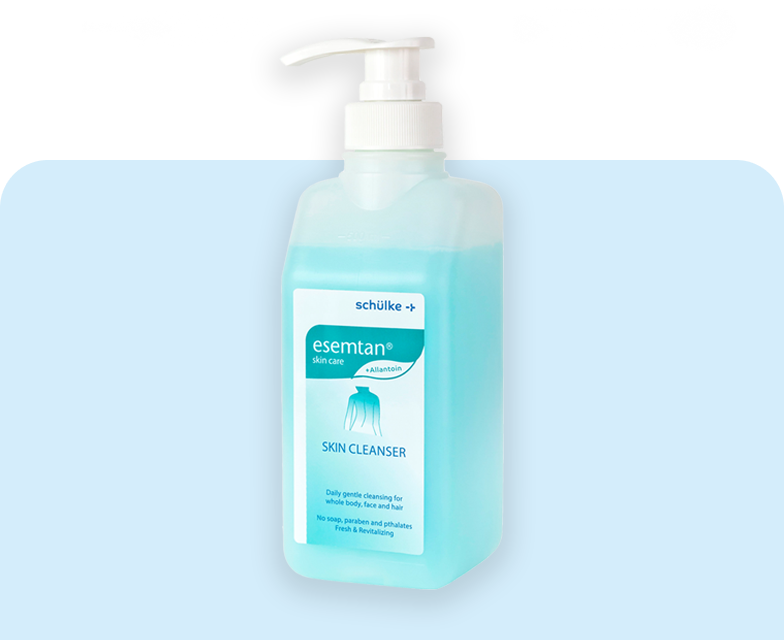Keeping our skin clean is very important for good health. Many people use either antibacterial skin cleansers or regular soap, but do you know the difference between them? In this article, we will look at what each type of cleanser does, how they work, and when to use them.
What is Regular Soap?
Regular soap is a common product that helps to clean our skin. It is usually made from fats or oils, combined with a strong alkaline substance. When we use soap, it works by breaking down dirt, oil, and germs on our skin. Regular soap helps to wash away these unwanted substances, making our skin feel fresh and clean.
Benefits of Regular Soap
- Gentle on the skin: Most regular soaps are mild and suitable for everyday use.
- Effective cleaning: Soap can remove dirt and germs effectively.
- Variety of options: There are many types of regular soap, such as bar soap, liquid soap, and foam soap, to suit different preferences.

What are Antibacterial Skin Cleansers?
Antibacterial skin cleansers are special products designed to kill bacteria on the skin. These cleansers often contain chemicals like triclosan or alcohol that target and destroy harmful bacteria. They are commonly used in hospitals and places where cleanliness is crucial.
Benefits of Antibacterial Skin Cleansers
- Extra protection: Antibacterial cleansers can help reduce the risk of infections.
- Fast-acting: These cleansers work quickly to kill bacteria on contact.
- Useful in specific situations: They are helpful when soap and water are not available, such as when travelling or during outdoor activities.
Key Differences Between Antibacterial Skin Cleansers and Regular Soap
Efficacy in Killing Bacteria
Regular soap is good at cleaning but does not kill all bacteria. It removes dirt and germs by washing them away. On the other hand, antibacterial skin cleansers are designed specifically to kill bacteria, providing an extra layer of protection.
Residual Effects on the Skin
Regular soap generally leaves no residue after rinsing, making it safe for daily use. In contrast, some antibacterial cleansers may leave a lingering effect that can dry out the skin if used too often.
Suitable Usage Scenarios
- Regular Soap: Ideal for daily washing, such as handwashing before meals or bathing.
- Antibacterial Skin Cleansers: Best used when there is a higher risk of bacteria, such as after using public transport, when caring for sick people, or during flu season.
Considerations for Choosing the Right Product
When deciding between antibacterial skin cleansers and regular soap, consider the following:
- Skin Type and Sensitivity: If you have sensitive skin, regular soap may be gentler. Antibacterial cleansers can be drying, so it’s essential to check how your skin reacts.
- Frequency of Use: Using antibacterial products too often can lead to skin irritation. For everyday washing, regular soap is usually enough.
- Potential Risks: Overuse of antibacterial products may contribute to antibiotic resistance. It is important to use them only when necessary.
Conclusion
In summary, both antibacterial skin cleansers and regular soap have their benefits. Regular soap is effective for daily cleaning and is gentle on the skin. Antibacterial skin cleansers provide extra protection against germs, making them useful in specific situations. Understanding the differences can help you choose the right product for your needs.





